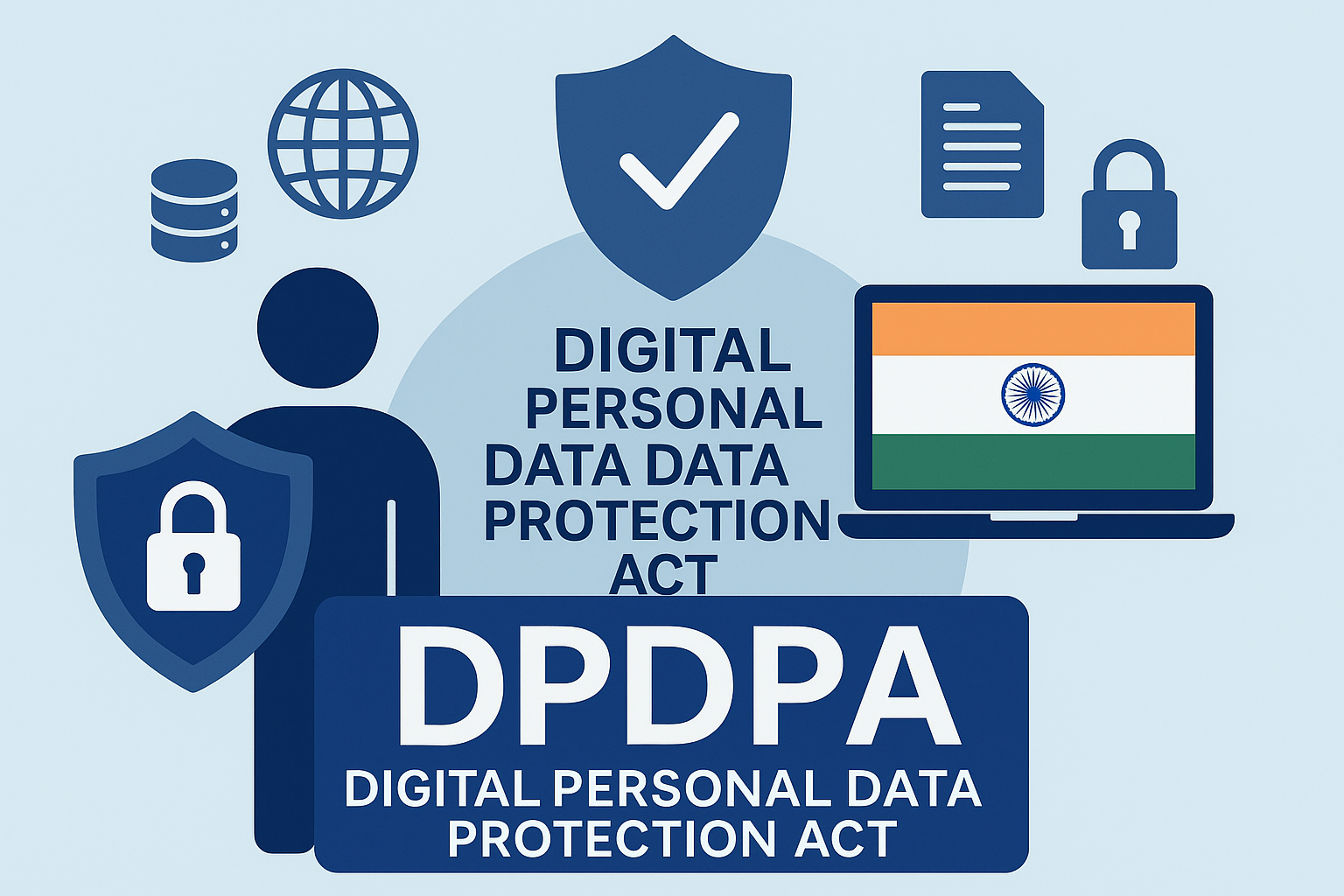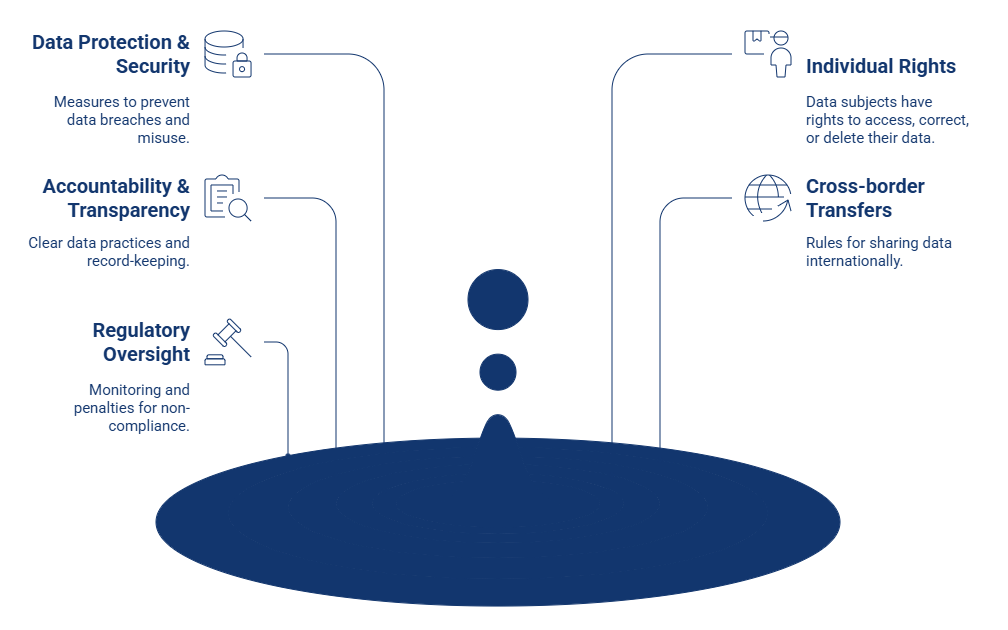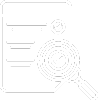Digital Personal Data Protection Act (DPDPA) Compliance Services
Safeguard Your Business. Honour Individual Privacy. Stay Future-Ready.
In today’s digital age, data is your asset — but also your biggest risk. With the Indian government’s enactment of the Digital Personal Data Protection Act (DPDPA), businesses that collect, use or store digital personal data must now step up their compliance game.
At Matayo 360° GRC, we help you simplify the complex, adopt best practices, and build trust with your stakeholders — through pragmatic, audit-ready, business-centric privacy and data protection solutions.
















